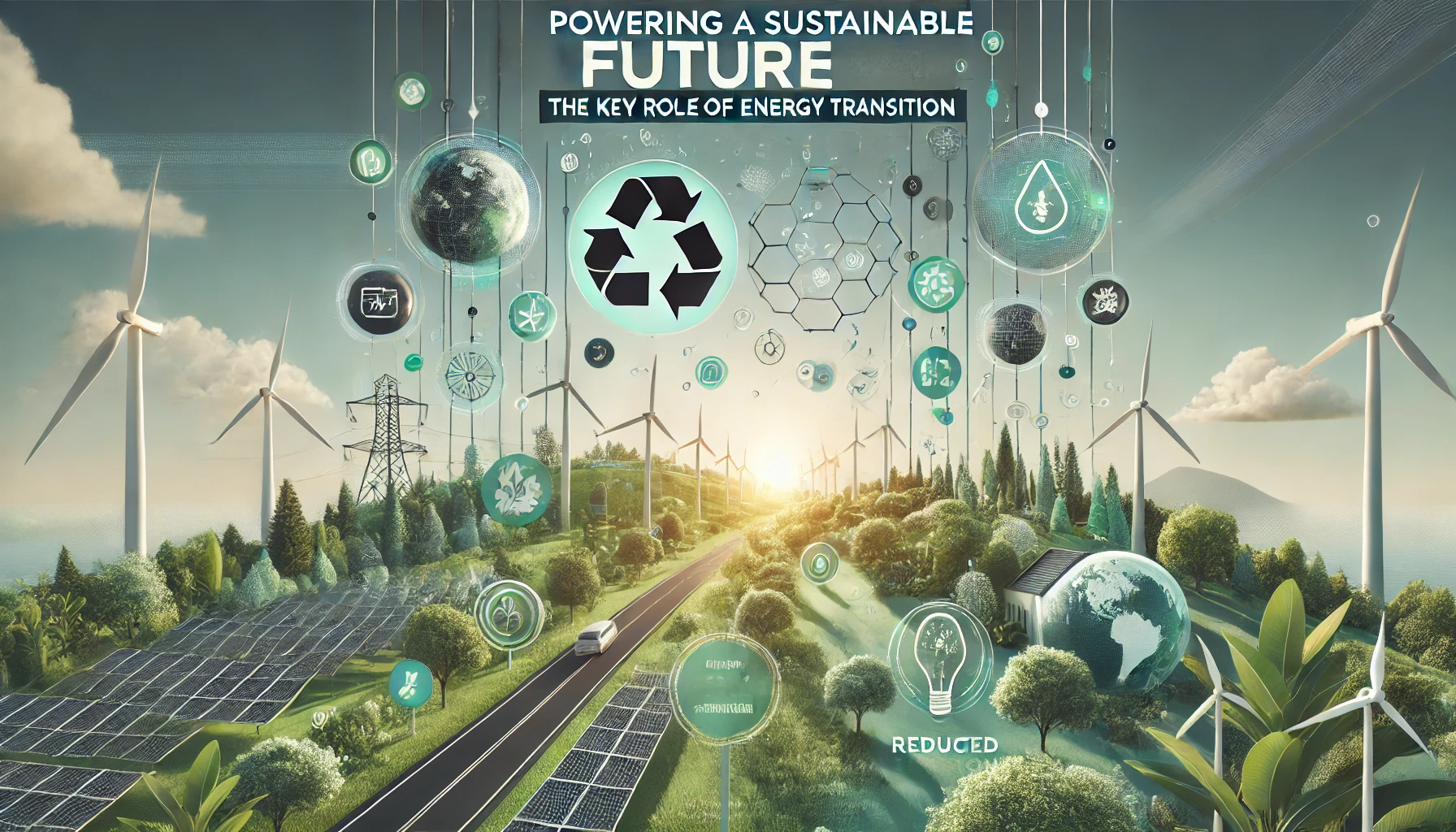Sustainability has become a crucial concept in today’s world as environmental challenges, resource depletion, and climate change demand immediate attention. At its core, sustainability refers to meeting the needs of the present without compromising the ability of future generations to meet their own needs. It involves balancing environmental, social, and economic priorities to ensure a better and more equitable future.
This guide explores the principles of sustainability, its importance, and practical steps individuals and organizations can take to contribute to a more sustainable world.
What is Sustainability?
Sustainability refers to the responsible use of resources to meet current needs without compromising the ability of future generations to meet their own needs. It is often guided by three core pillars:
- Environmental Sustainability: Protecting ecosystems, reducing pollution, and conserving natural resources.
- Economic Sustainability: Promoting economic growth while ensuring equitable access to resources and opportunities.
- Social Sustainability: Fostering communities that prioritize health, equity, and inclusivity.
Together, these pillars aim to create a harmonious balance between people, planet, and profit.
Why is Sustainability Important?
1. Environmental Protection
Sustainability plays a crucial role in mitigating the effects of climate change, conserving biodiversity, and reducing pollution.
- Reducing Carbon Footprints: Transitioning to renewable energy sources and reducing fossil fuel consumption are essential for lowering greenhouse gas emissions.
- Conserving Natural Resources: Sustainable practices ensure that water, forests, and minerals are used responsibly.
- Protecting Wildlife: Sustainable agriculture and deforestation prevention safeguard habitats and preserve biodiversity.
2. Economic Benefits
Sustainability isn’t just good for the planet; it also drives long-term economic growth.
- Energy Efficiency: Renewable energy sources like solar and wind reduce energy costs in the long run.
- Job Creation: Green industries, including clean energy and sustainable agriculture, create millions of jobs worldwide.
- Resource Management: Sustainable practices minimize waste, leading to cost savings and increased profitability for businesses.
3. Social Equity
Sustainability promotes inclusive communities by addressing social inequalities and ensuring access to essential resources.
- Healthier Living Environments: Clean air, water, and green spaces improve public health.
- Empowering Communities: Supporting local economies and fair labor practices helps uplift marginalized populations.
- Education and Awareness: Sustainability initiatives often include education programs that empower individuals to make informed decisions.
Sustainable Practices for Everyday Life
Adopting sustainable habits doesn’t require drastic changes. Small, consistent efforts can make a big difference.
1. Reduce, Reuse, Recycle
Minimize waste by embracing the 3 Rs:
- Reduce: Avoid single-use plastics and opt for reusable items like water bottles and shopping bags.
- Reuse: Repurpose items instead of discarding them.
- Recycle: Sort waste and recycle materials like paper, glass, and metals.
2. Support Renewable Energy
Switching to renewable energy sources like solar panels or wind energy reduces reliance on fossil fuels. You can also support green energy initiatives in your community.
3. Conserve Water
Simple steps like fixing leaks, installing low-flow fixtures, and turning off taps while brushing your teeth help conserve water.
4. Sustainable Eating
- Choose locally sourced and seasonal produce to reduce the carbon footprint of transportation.
- Limit food waste by planning meals and composting scraps.
- Consider plant-based meals to reduce the environmental impact of meat production.
5. Travel Responsibly
- Opt for public transport, carpooling, or biking to reduce emissions.
- Choose eco-friendly accommodations when traveling.
- Offset your carbon footprint by supporting reforestation programs.
How Businesses Can Embrace Sustainability
Organizations play a vital role in promoting Renewability. Here’s how they can contribute:
- Sustainable Supply Chains: Source materials responsibly and ensure ethical labor practices.
- Energy Efficiency: Invest in energy-efficient technologies and renewable energy.
- Waste Reduction: Adopt zero-waste initiatives and reduce packaging waste.
- Sustainable Branding: Align company values with Renewability goals to attract eco-conscious consumers.
- Education and Awareness: Train employees and educate customers about Renewability initiatives.
Challenges in Achieving Sustainability
While Renewability is essential, it comes with challenges:
- Initial Costs: Implementing sustainable technologies and practices often requires upfront investment.
- Resistance to Change: Shifting from traditional practices to sustainable alternatives may face opposition from industries and individuals.
- Lack of Awareness: Limited understanding of sustainability’s benefits can hinder progress.
- Global Inequalities: Developing nations may struggle to adopt sustainable practices due to economic and infrastructural barriers.
Despite these challenges, incremental steps toward Renewability can create significant positive change over time.
The Future of Sustainability
The global focus on sustainability is growing, with innovative solutions shaping a better future:
- Green Technology: Advances in renewable energy, electric vehicles, and sustainable materials are driving change.
- Circular Economy: Emphasizing recycling and reusing resources to minimize waste.
- Global Collaboration: International agreements like the Paris Climate Accord promote unified efforts against climate change.
- Youth Activism: Younger generations are leading sustainability movements, advocating for systemic change.
By embracing sustainable practices today, we pave the way for a healthier planet and a brighter future.
FAQs About Sustainability
The goal of sustainability is to balance environmental, economic, and social needs to ensure resources are available for future generations.
Sustainability reduces costs through energy efficiency, creates jobs in green industries, and promotes long-term profitability.
Yes, small changes like reducing waste, conserving water, and supporting eco-friendly products can collectively have a significant impact.
Solar power, wind energy, hydroelectricity, and geothermal energy are all sustainable alternatives to fossil fuels.
Sustainability helps businesses reduce costs, attract eco-conscious consumers, and contribute to a better environment.



